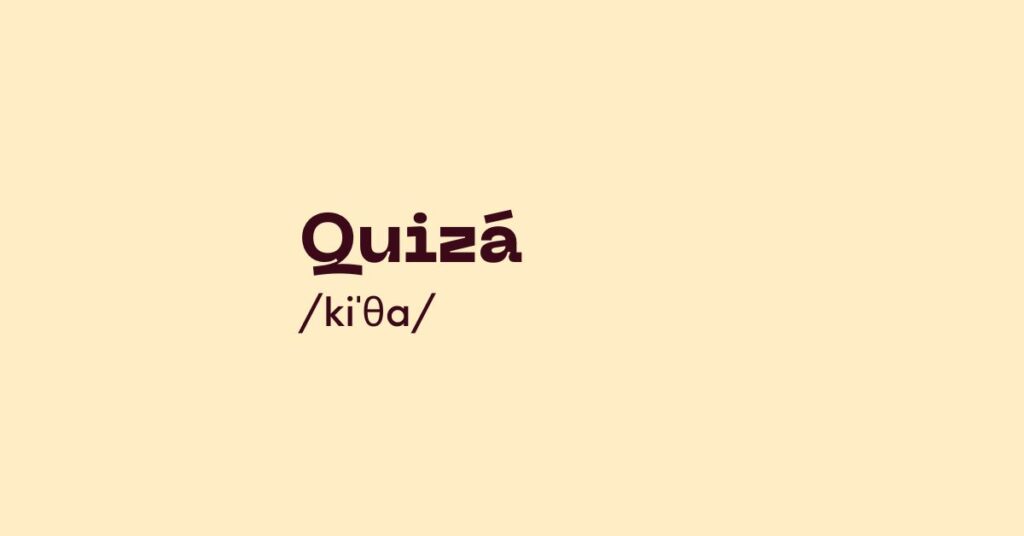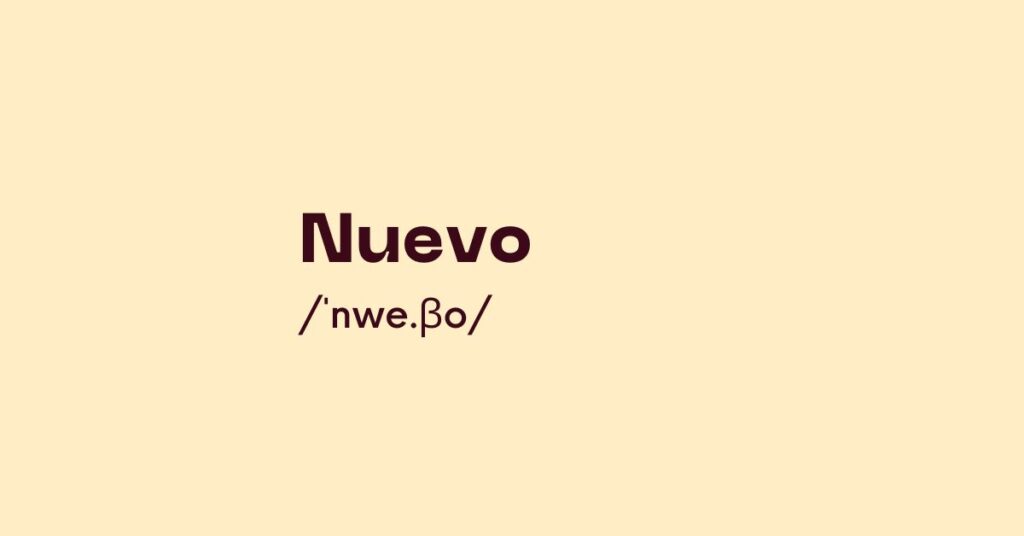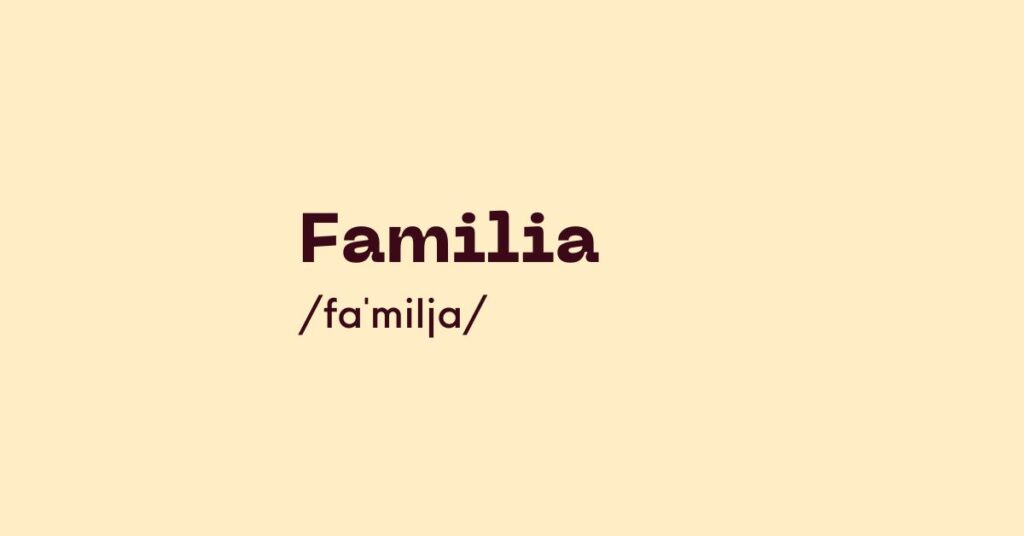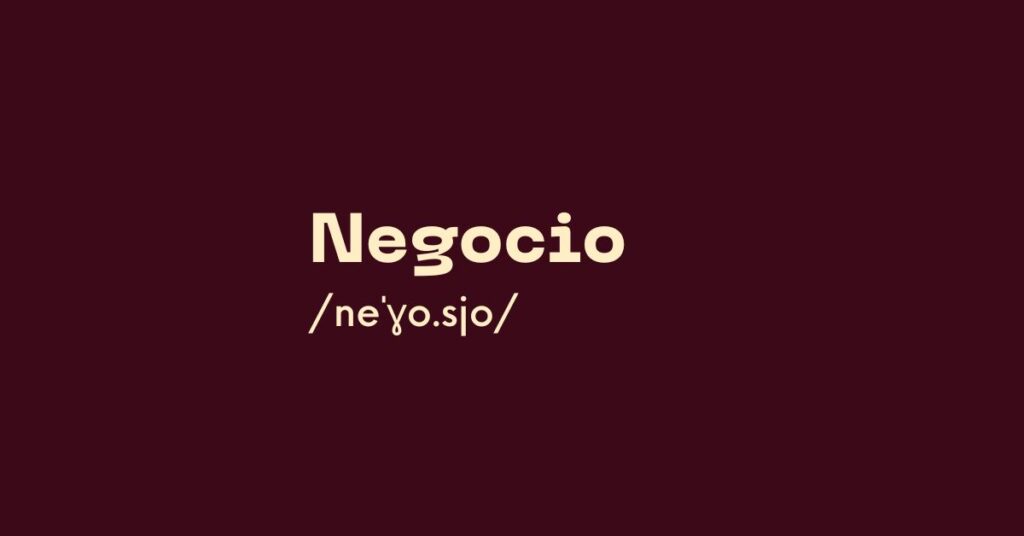Demasiado
Today’s Spanish word of the day is “demasiado” in the masculine form, or “demasiada” in the feminine form. It means “too much” or “too many”, and can be used as an adjective or adverb. The word “demasiado” was formed by adding the “-ado” suffix to the word “demás”, meaning “other” or “rest”. Example sentences Comí […]









